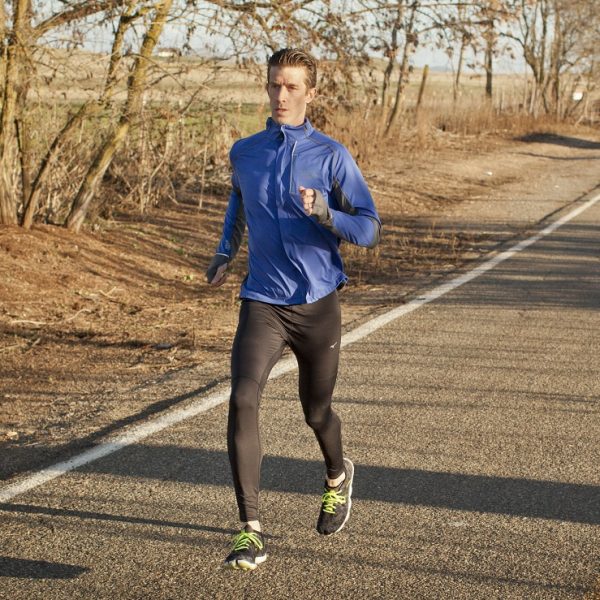As endurance athletes, our training strategies evolve, often driven by insights from the latest research in sports science. While artificial intelligence tools increasingly provide analysis and program recommendations, their role should complement the nuanced understanding we develop about our own bodies over time. The resonance of training plans generated by AI rests on their ability to synthesize existing knowledge, but they cannot replicate the depth of personal experience and adaptation that forms the foundation of effective endurance performance.
Nutrition is often the linchpin of enhanced performance and optimizing it requires acute awareness of individual needs over time, rather than reliance on generalized protocols. Timing our fuel intake before and during efforts can prove critical. Pre-race meals typically should incorporate carbohydrates that offer immediate energy, while also being digestible to avoid gastrointestinal distress. This balance is crucial, especially in races that extend beyond two hours. Finding optimal gut tolerance necessitates personal experimentation with composition, timing, and the types of foods consumed.
During prolonged bouts of exertion, establishing a fueling strategy aligned with metabolic efficiency is vital. If an athlete consistently trains their gut to tolerate certain fuel sources—be they gels, bars, or whole foods—they can minimize the gastrointestinal issues that can derail even the most meticulously planned race strategies. In addition, understanding the intricacies of different fuel sources and their absorption rates empowers athletes to make informed choices about what to consume, and when to consume it, thereby enhancing performance.
Hydration strategies must also be personalized. Basic recommendations tend to overlook individual sweat rates and electrolyte needs, which can vary significantly based on conditions and personal physiology. An athlete’s hydration strategy should reflect an understanding of how their body responds to increased duration and intensity, especially when racing in warmer conditions. Adaptive strategies might include the addition of electrolytes to water or consuming electrolyte-rich foods during extensive outdoor sessions, allowing the athlete to maintain peak performance without succumbing to the pitfalls of dehydration or excessive fluid intake.
Furthermore, the concept of recovery optimization cannot be overemphasized, particularly in the context of rigorous training or racing. The critical window for recovery post-effort deserves attention, as this is when the body begins to repair and strengthen itself. Post-race nutrition should focus on replenishing glycogen stores with appropriate carbohydrate sources and facilitating muscle recovery with protein-rich foods. Understanding one’s recovery patterns—including sleep quality, nutrition, and stress levels—enables athletes to restore energy and resilience, accommodating the repetitive demands of endurance training.
While AI might analyze patterns in our training and suggest adjustments, it cannot replace the intimate insights athletes gain from subjective experiences. Monitoring fatigue levels, understanding mood variations, or charting recovery can reveal patterns that no algorithm can adequately assess. The essence of training lies in navigating both the physical and psychological aspects of endurance sports, tailoring practices that resonate on a deeply personal level.
In this light, let’s acknowledge the growing influence of technology in training without allowing it to overshadow our intrinsic motivation or personal expertise. Rather than viewing AI as a replacement for coaching or planning, consider it a resource to fine-tune existing strategies.
Ultimately, one realistic takeaway is the importance of continuous self-assessment and experimentation with your own nutrition and hydration strategies during training. This personalized approach will serve you well in racing environments, aligning your body’s needs with the demands of extended endurance efforts. By actively engaging with and adapting your fueling strategies, you not only enhance performance but experience a greater enjoyment and connection to the training process itself.
